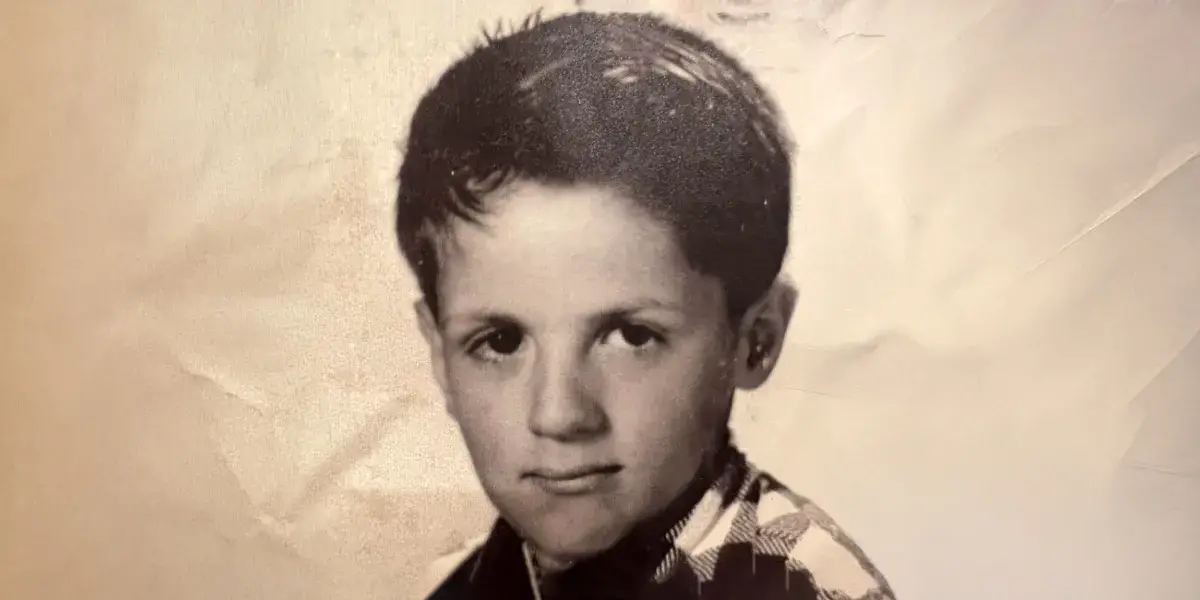Sylvester Stallone is one of the most recognizable names in Hollywood. With an enduring career spanning decades, he has cemented his place in cinematic history with the Rocky and Rambo franchises. But before the fame, he faced unimaginable struggles—both in his personal life and career. From growing up in an emotionally neglectful home to sleeping in bus stations while chasing his acting dreams, Stallone’s life is a testament to perseverance and resilience.
His journey to success was anything but smooth. He faced rejection not only in Hollywood but within the walls of his own home. Yet, despite the obstacles, he emerged stronger and credited one profound thing as the reason he survived his darkest days.
Stallone’s early life was far from ideal. Born on July 6, 1946, in New York City, he had a turbulent childhood marred by parental neglect and emotional hardship. His parents, Jackie and Frank Stallone Sr., divorced in 1957, which further complicated his upbringing. Following their separation, his mother remarried and had another daughter, Toni Ann, in 1964.
His father, Frank Sr., also remarried multiple times and expanded the family with three more children—Bryan, Carla, and Dante. While Bryan and Carla stayed away from the spotlight, Dante was born in 1997, years after Stallone had already made a name for himself in Hollywood. Despite the growing family, young Stallone often felt alone.
The actor has spoken openly about his difficult upbringing, revealing that his home was filled with anger and dysfunction. His parents, he claimed, were deeply unhappy people who struggled with their own inner demons.
“I grew up in a really bad household. It was tough,” Stallone recalled in an interview. “Everyone was extremely unhappy with who they were. My mother and father—they certainly weren’t parents.”
Stallone’s childhood was further complicated by a period spent in a boarding house in Jackson Heights, where he lived for nearly five years. The home, run by an older woman, felt transient and isolating. He remembers sitting at a table surrounded by adults who barely acknowledged his presence. At just four years old, he lacked companionship and emotional support.
His relationship with his mother, Jackie Stallone, was particularly painful. She had endured her own traumatic childhood, having been placed in a cruel orphanage where she was “tied to the bed,” “whipped,” and “terribly molested.” This left her emotionally scarred and unable to express love in a traditional way.
The star recalled the cruel words she once said to him: “The only reason you’re here is because the hanger didn’t work,” or “bouncing down those steps didn’t cause you to get lost.”
These remarks left deep emotional wounds. They also shaped Stallone’s struggles with affection, making it difficult for him to connect with others.
Stallone’s difficulties extended beyond his home life. His unconventional behavior resulted in him being expelled from 13 schools. He was often told he didn’t fit in, a sentiment that followed him into adulthood.
Because of his erratic behavior, he was sent to military schools and institutions for troubled youth. He later described himself as simply “adventurous,” unwilling to conform to rigid expectations.
As Stallone entered adulthood, his struggles continued. He arrived in New York City with little money and an uncertain future. The dream of becoming an actor seemed almost impossible. At his lowest point, he was homeless and slept in a bus station because he couldn’t afford rent.
Finding work as an actor was a challenge, as he was frequently dismissed due to his unconventional looks. His unique facial features were the result of a nerve injury at birth, which left the left side of his face partially paralyzed. Later in life, significant weight loss caused that side to sag, prompting him to undergo a surgical lift.
Despite the hardships, Stallone refused to give up.

